Exploring the Precision and Versatility of Optical Refractometers from Kalstein
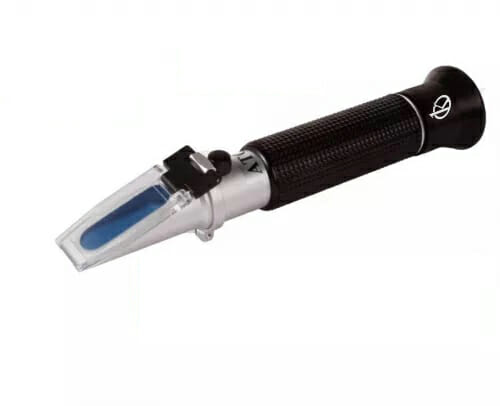
Discover the unmatched precision and diverse range of Kalstein’s Optical Refractometers. Perfect for laboratories seeking reliability and accuracy.
1 Exploring Multiscale Brain Modeling: Advances and Applications in Neuroscience 2
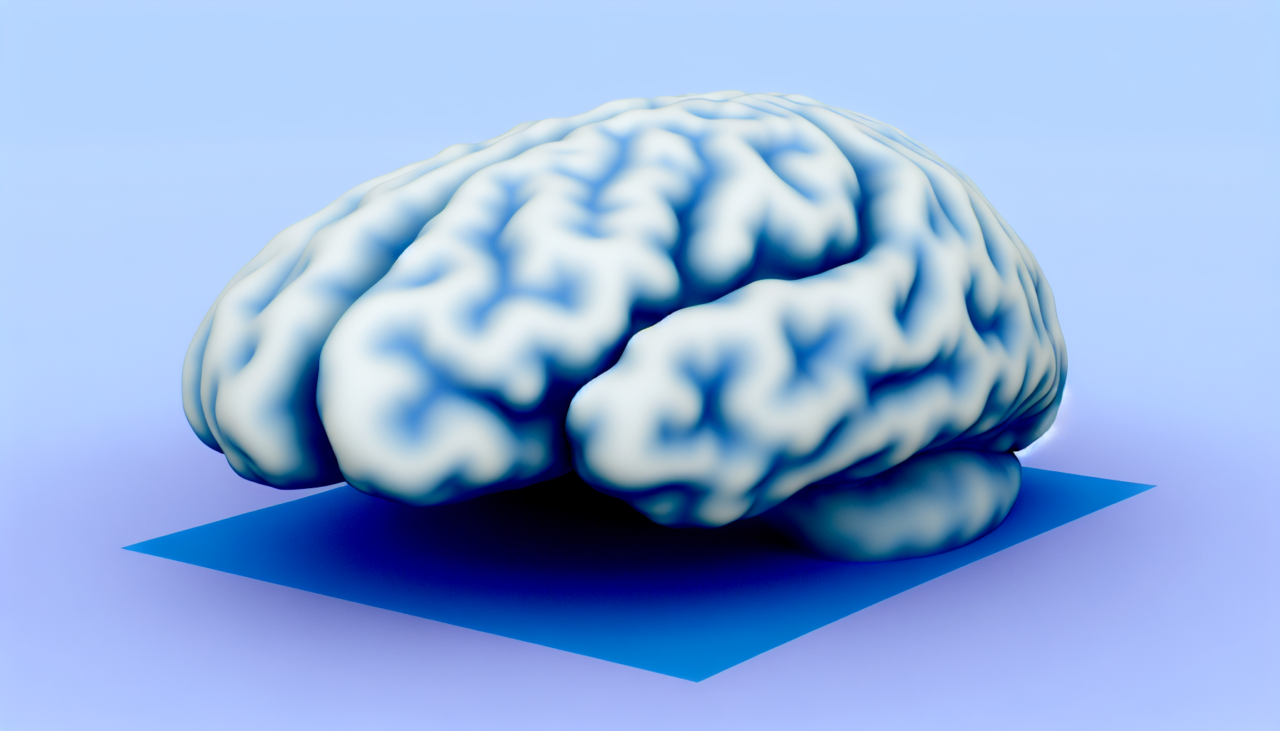
Introduction to Multiscale Brain Modeling Multiscale brain modeling represents one of the most dynamic and promising areas in neuroscience today. This field focuses on constructing models of the brain that integrate multiple scales, from the microscopic level of neuronal excitation to the macroscopic level of whole-brain functions and behaviors. Recent advancements in informatics and big […]
Veterinary Chemistry Analyzer YR06077 vs VetScan VS2: A Comprehensive Comparison
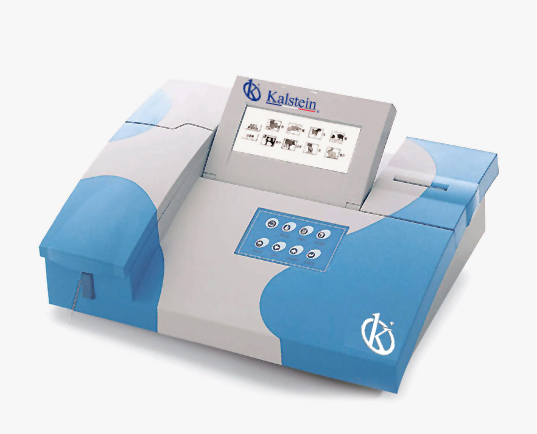
When it comes to veterinary chemistry analyzers, two products stand out: the Veterinary Chemistry Analyzer YR06077 by Kalstein and the VetScan VS2 by Zoetis. Both devices are essential tools in veterinary diagnostics, providing accurate and reliable blood chemistry analyses. However, each has its unique features and advantages that cater to different needs in veterinary practices. […]
Veterinary Autoclaves: Elevating Animal Care with Precision and Safety
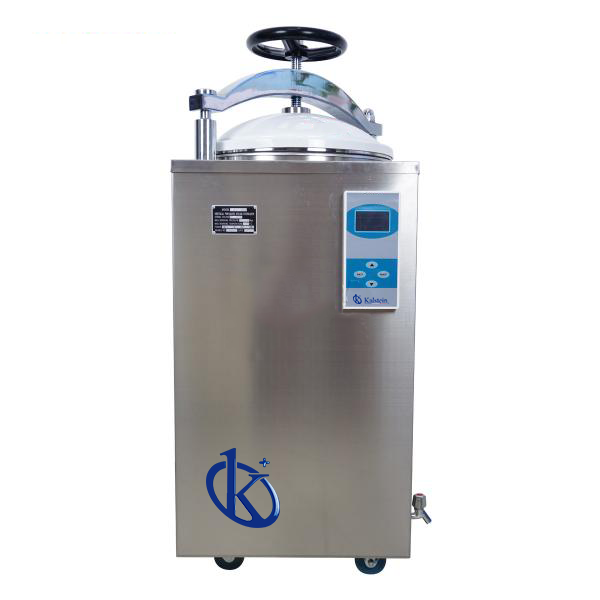
Discover the advanced features and benefits of Kalstein’s veterinary autoclaves, designed to elevate animal care through precision and reliability.
Explore the World of ECG-Digital Electrocardiographs: An In-depth Look
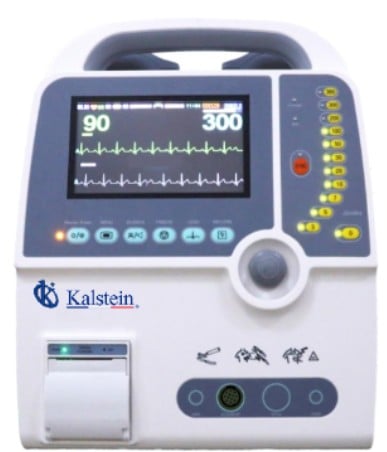
Explore the comprehensive world of ECG-Digital Electrocardiographs by Kalstein. Discover their features, benefits, and why they make a worthy investment in any medical setting.
Revolutionize Your Laboratory With Kalstein’s Vertical Autoclaves
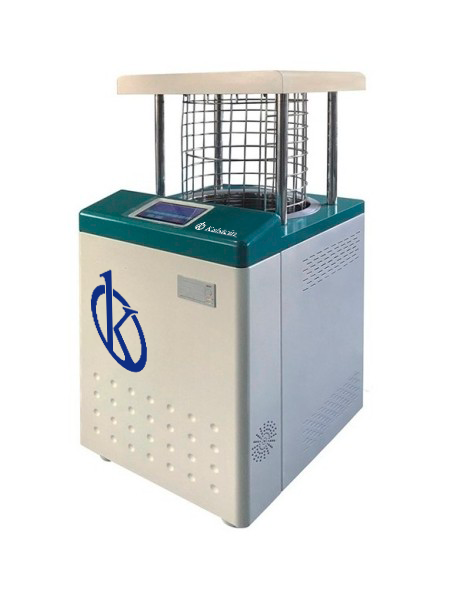
Discover why Kalstein’s vertical autoclaves are essential for laboratories seeking reliable and efficient sterilization solutions. From advanced features to user testimonials, learn all about these innovative devices.
Innovative Laboratory Tools: Bacti-Cinerator and Sterilizer YR405 vs. BactiZapper Infrared MicroSterilizer
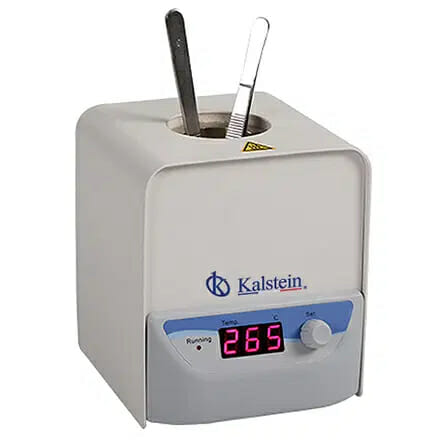
Laboratory environments require careful attention to sterilization to ensure clean and sterile working conditions. In this regard, the Bacti-Cinerator and Sterilizer YR405 from Kalstein and the BactiZapper Infrared MicroSterilizer by BioSpec Products stand out as prominent solutions. Both devices serve the critical function of sterilizing laboratory tools and instruments, yet offer distinct features that cater […]
1 Innovative Neural Implant Technique Promotes Skull Regrowth for Safe Brain Access 2
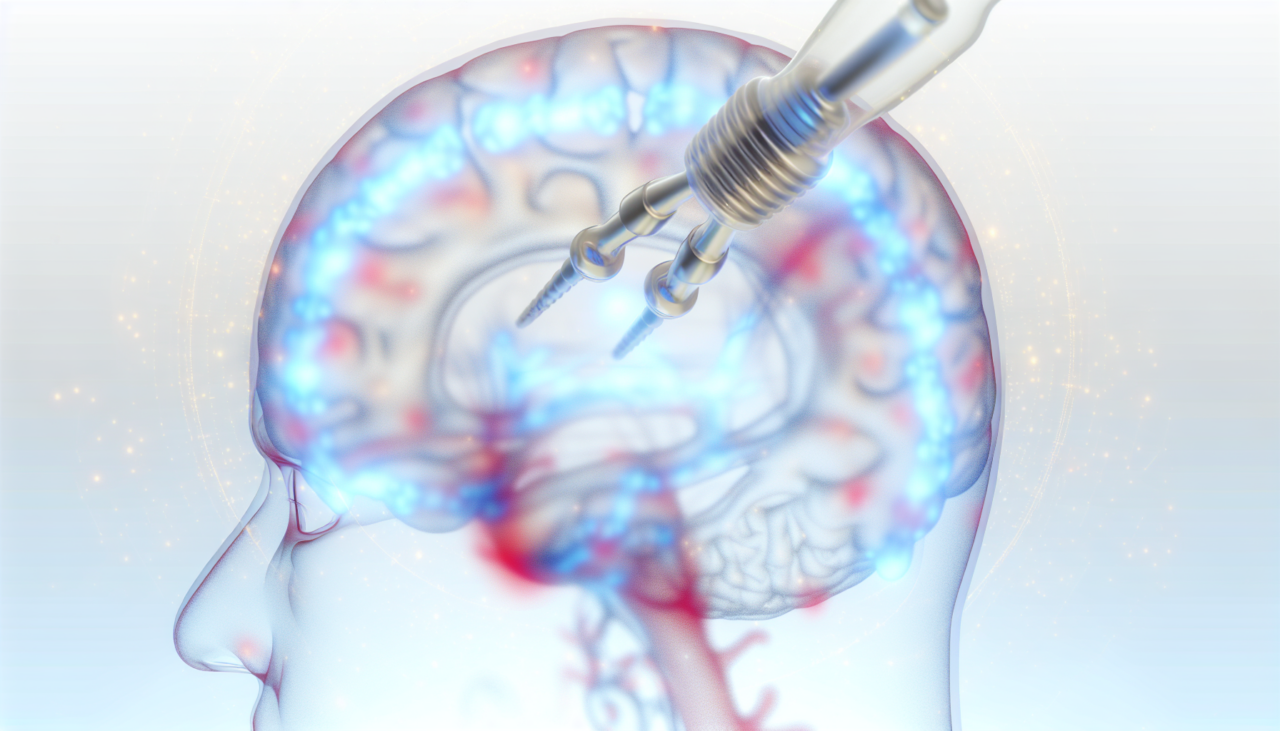
Introduction to the Breakthrough Neural Implant Technique A groundbreaking study led by professors at Dartmouth Engineering has unveiled a novel technique for integrating electronic implants with the brain’s surface. This innovative approach not only facilitates safe, long-term medical access to the brain but also promotes the healing of the skull post-implantation. The research, conducted by […]
Advanced Veterinary Dental Units: Ensuring Optimal Oral Health for Animals
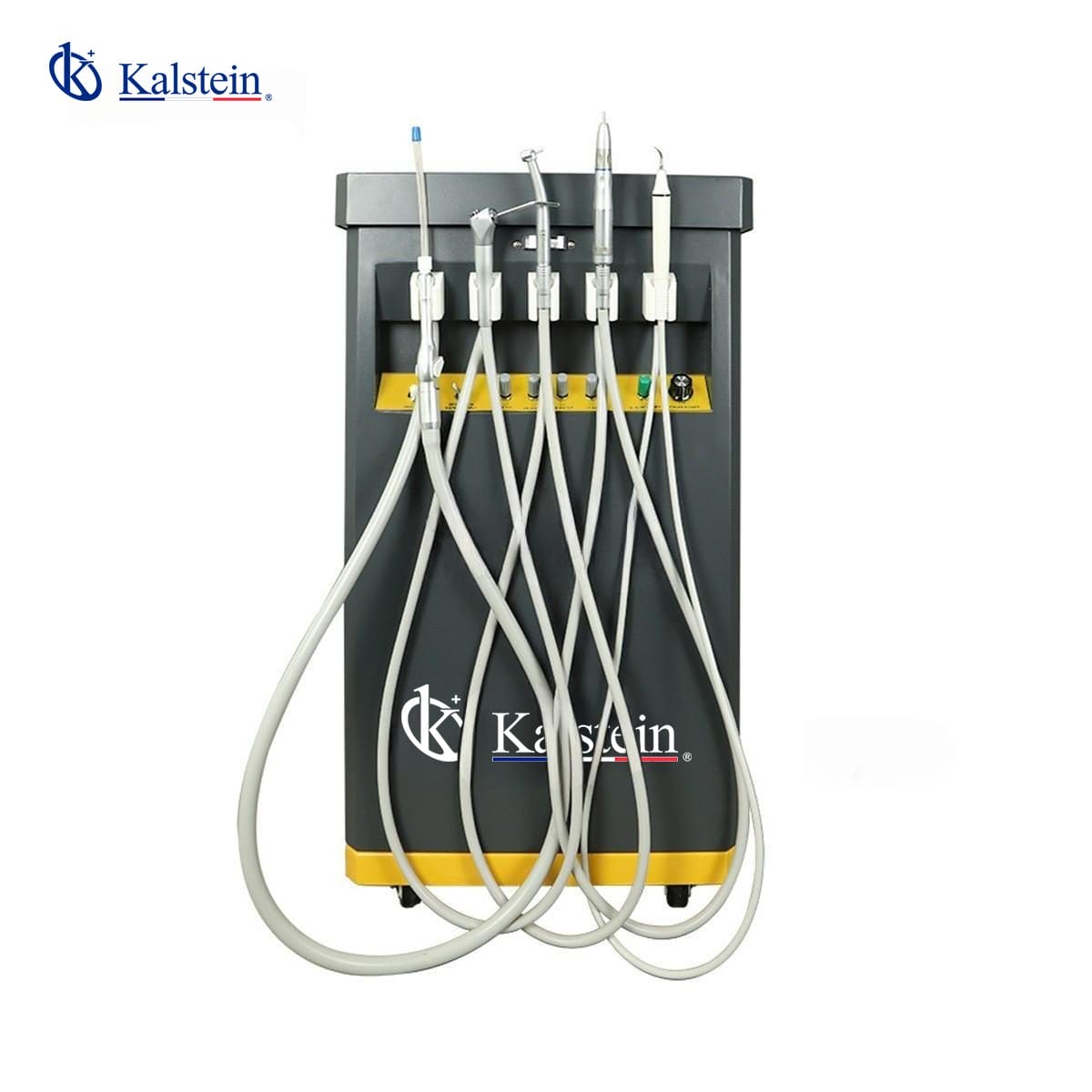
Explore how Kalstein’s Veterinary Dental Units revolutionize animal oral care with advanced technology and superior design, enhancing veterinary practices worldwide.
Unveiling the Features and Benefits of Manual Wheelchairs by Kalstein
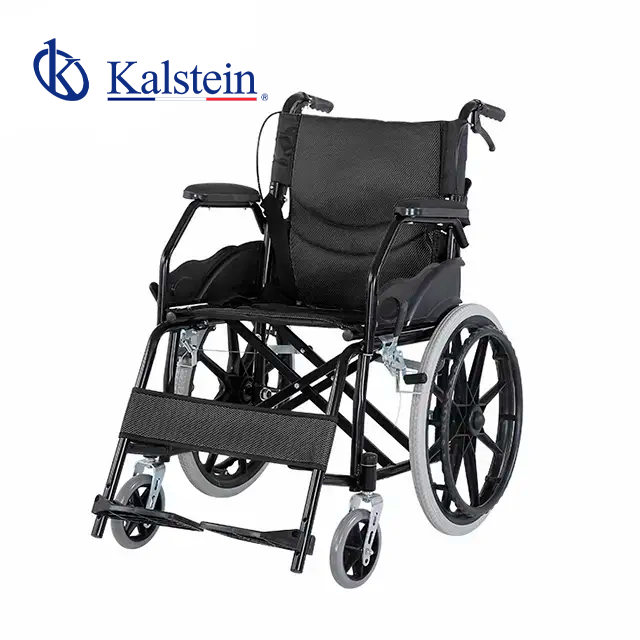
Discover the world of Manual Wheelchairs by Kalstein. From high-quality design to exquisite comfort, these wheelchairs are more than just mobility aids.
